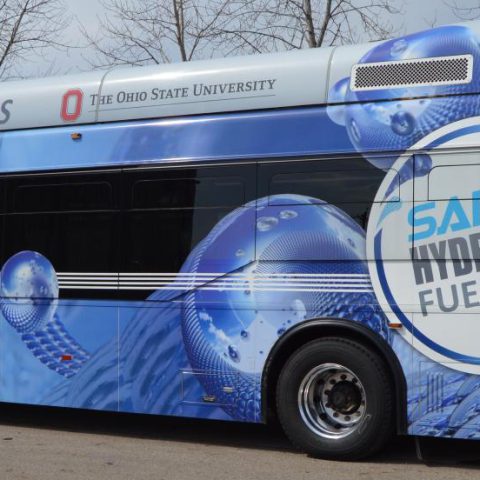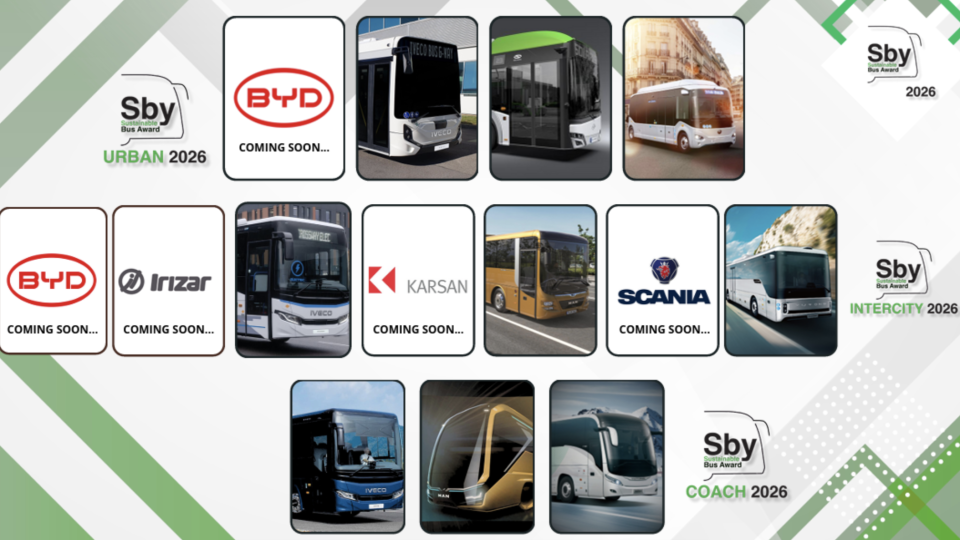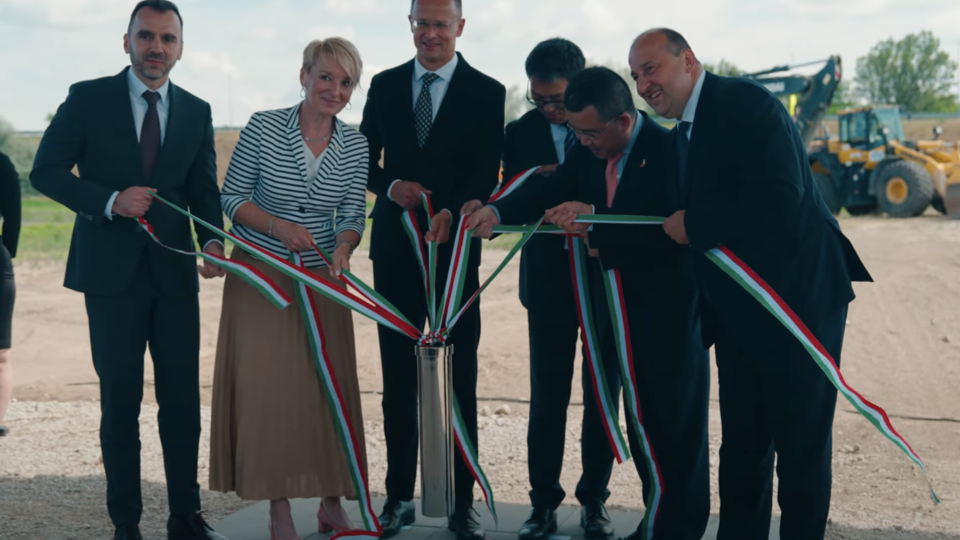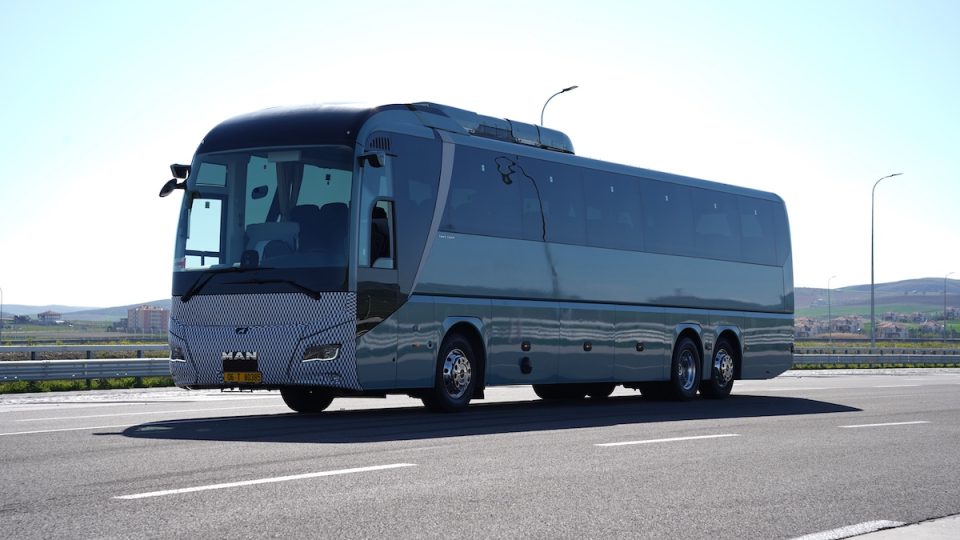Ohio State University to develop new bus technology testing center with $26.5 million FTA investment (ready in 2026)
The Ohio State University announces it will establish and operate a new testing center to support the deployment of zero-emission and low-emission public transportation buses with the support of a $26.5 million investment from the U.S. Department of Transportation’s Federal Transit Administration (FTA). The resulting research will be used by the public transportation industry and […]

The Ohio State University announces it will establish and operate a new testing center to support the deployment of zero-emission and low-emission public transportation buses with the support of a $26.5 million investment from the U.S. Department of Transportation’s Federal Transit Administration (FTA). The resulting research will be used by the public transportation industry and the FTA.
Funding for the investment was made possible through the bipartisan Infrastructure Investment and Jobs Act, also called the Bipartisan Infrastructure Law.
The new agreement will support the construction and operation of the testing center through fiscal year 2026. The funds will go toward establishing a dedicated research, development and testing laboratory at CAR’s facilities on the university’s west campus.
Bus technology testing center in Ohio ready in 2026
The new lab will include component and vehicle-level testing and validation equipment, with a focus on batteries and energy storage, hydrogen fuel cells, electric motors and power electronics. The testing center, university states, “will also use the network of on-road testing facilities of the university-affiliated Transportation Research Center Inc. (TRC), North America’s most advanced vehicle proving ground, and its SMARTCenter, an advanced test track for vehicle automation testing and development. TRC brings a vast range of facilities and expertise to the program to speed up development and deployment of zero- and low-emission transit vehicle technologies”.
Ohio State’s expertise in mobility research will help the transit industry develop and deploy the cleanest and most energy-efficient buses and transit vehicles, Ohio State University claims. The program will also help transit agencies across the U.S. select the best vehicles and technologies to meet their customers’ needs. The university’s testing center will collaborate with transit vehicle manufacturers, component suppliers, industry organizations and transit agencies.
The University explains that “Research and testing at the center will be led by dedicated engineering staff and supported by research faculty, senior research staff, and skilled laboratory and testing technicians. All aspects of the programs will engage students at the undergraduate and graduate levels. Additionally, the program will support CAR’s STEM education and K-12 engagement initiatives, including summer internships for high school students and a mobility research summer camp”
A technology lab for the improvement of public transport
“I want to commend Sen. Brown’s steadfast leadership in securing this important investment,” Ohio State President Kristina M. Johnson said. “The transportation sector is the largest domestic contributor to climate change, generating more greenhouse gas emissions than any other part of our economy. Encouraging public transportation use can help reduce that impact, which is why it’s so important that the bus fleet of the future is as clean and energy-efficient as possible. This investment recognizes and supports the innovative research and testing work being done by Ohio State’s Center for Automotive Research to maximize clean, safe and efficient mobility to advance the mission of the FTA.”
“The Bipartisan Infrastructure Law is already getting resources to Ohio communities to improve transportation,” Brown said. “We worked to ensure the infrastructure law will allow communities to upgrade their buses, and with our long history of the Ohio auto industry leading the country and the world, our state is the obvious choice to lead this innovative research. I’m working to make sure Ohio gets its fair share – or more – of infrastructure investment, and this is a great step in that effort.”
“Investment in public transportation advances American industries and its workforce, mitigates climate change and spurs innovation,” said FTA Administrator Nuria Fernandez. “Thanks to President Biden and Chairman Brown, this partnership with The Ohio State University merges the significant investment in low-emission transit vehicles, made possible by the Bipartisan Infrastructure Law, with the talent and expertise of the Center for Automotive Research. The transit sector continues to lead in advancing the climate, equity, innovation and workforce development goals prioritized by this administration.”
“This program will allow us to further expand our efforts towards developing the electrified mobility workforce our industry and our nation need,” said Giorgio Rizzoni, director of the Center for Automotive Research. “We are delighted to be able to assist the FTA in its goal to achieve zero emissions in the transit fleet.”









